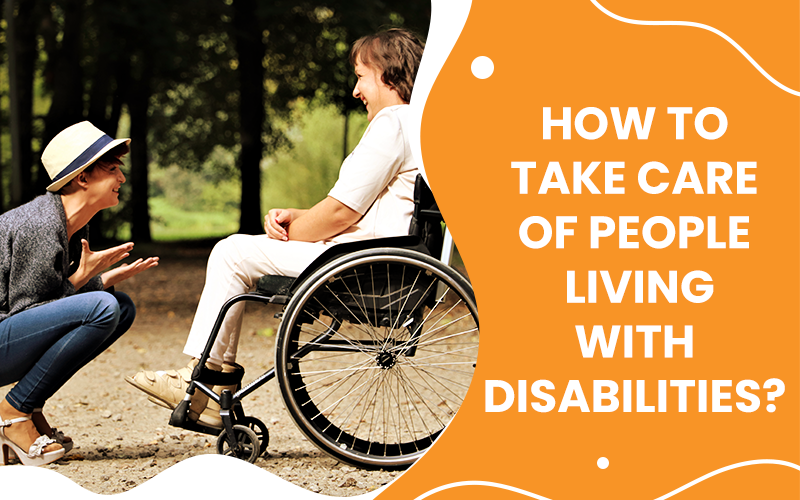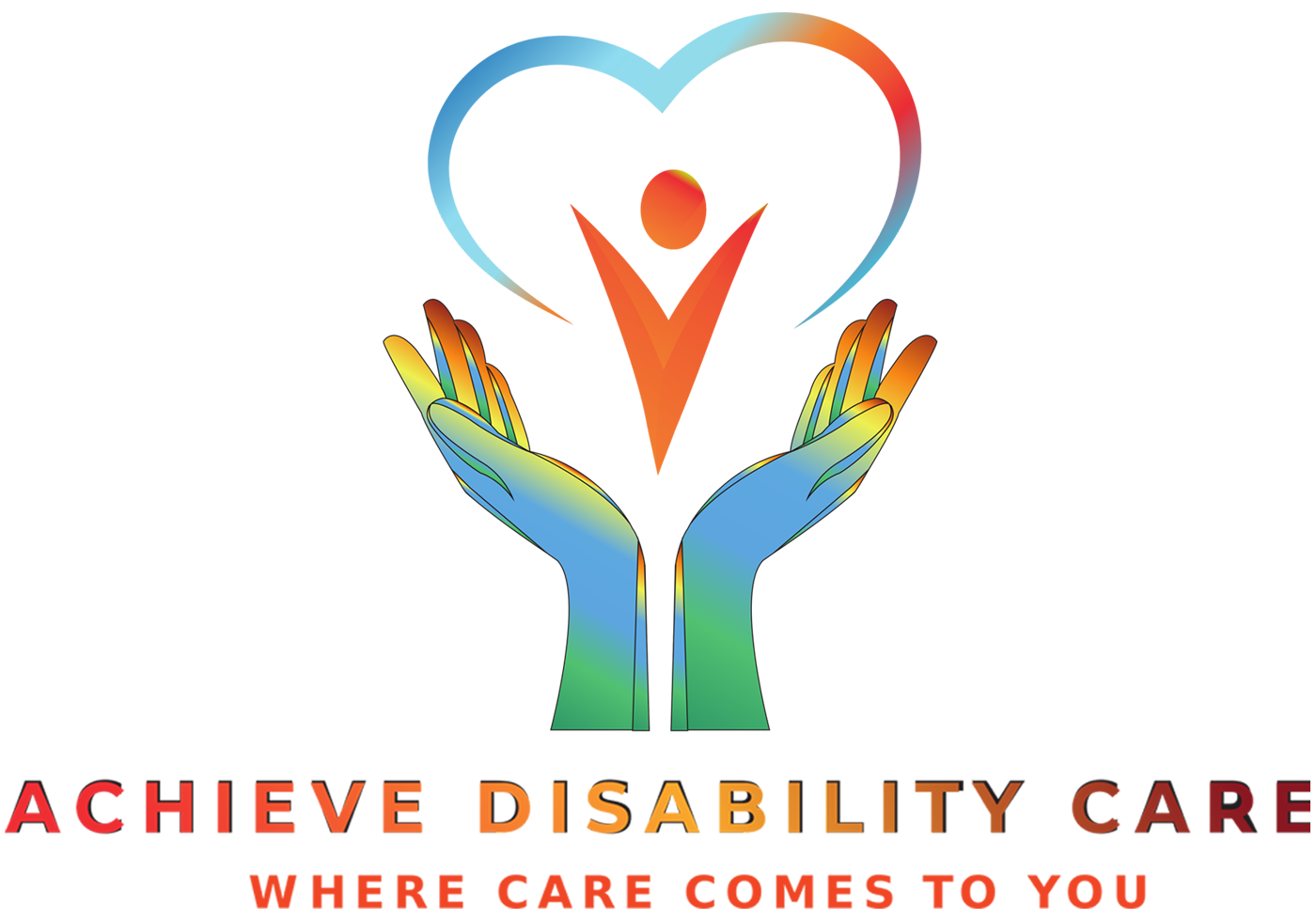38 Dallington crescent Balga WA 6061

How To Take Care Of People Living With Disabilities?
“People with disabilities do not need to be fixed; they need to be accepted for who they are.”
As they say, disability is a matter of perception. If someone from your family or someone you love is disabled, you must learn different ways to care for them. An individual with a disability may go through a diverse range of challenges in their everyday lives. Be it physical, sensory, cognitive, or mental- disability of all kinds requires innate care from professionals and family members to feel nurtured and taken care of.
Each disability requires special care. However, here are some basic guidelines to follow, regardless of the disability to ensure ultimate care for the patients.
Achieve disability care is an NDIS service provider that offers help with well-being, daily living, support planning, and much more.
1. Create an inclusive environment
It’s important to understand that disability is just a part of an individual and not their defining characteristic. The care is determined to be best only when an individual receiving the care feels empowered and supported.
So how do you create an inclusive environment for a person?
- Be patient while communicating with such individuals. You can only offer the best care when you can communicate with the patient’s needs individually. Addressing the patient gives them acknowledgment and motivates them for healing.
Make use of clear and concise language to communicate with the patients. Use alternative communication methods such as sign language to help patients express themselves freely. All in all, focus on creating a welcoming atmosphere for the patient.
- Equip individuals with mobility aids such as walkers, crutches, wheelchairs, etc so that they can move around freely.
Merely equipping with mobility aids isn’t enough. Try to create physical immediate places accessible for the people. This includes creating ramps, wide doorways, elevators, and handrails so that physical disability doesn’t stop them from moving around.
- Equip individuals with assistive technologies, hearing aids, and communication devices and empower them to communicate effectively. These technologies will help individuals with cognitive and hearing disabilities engage in conversations and activities completely.
2. Promote Emotional well-being
Disability can take a toll on mental and emotional health. It is equally important to address the emotional well-being of a person for their contentment and happiness.
So how do you promote emotional well-being?
- Help them engage in social and community events. This will help them foster a sense of belonging.
- Create support groups where people with disabilities can share similar experiences. This emotional validation will encourage them socially.
- Introduce them to therapy and special mental healthcare professionals to help them address their unique disability needs.
- Help them gain self-reliance by empowering them with new skills.
3. Treat them like anyone else
Pity is not what they need. People with a disability need to be treated with respect and humanity. Don’t let their disability define them.
Instead, cultivate a deeper bond with them. Invest time to learn about their past and how disability affects their everyday lives. Treat them accordingly with patience and care.
4. Give time
Patience is the key. Sometimes it may take a long time to get to know a patient. However, being patient is the kindest language you can speak with.
Learn about the patient’s history and thoroughly examine them before proceeding with care.
5. Don’t make assumptions
The patient’s will is of utmost importance in any sort of care. Don’t overstep the boundaries by offering help in every instance.
Offer help and wait for the patient’s response. If they agree to avail help, wait for their instructions. It’s important to take note that patients are capable of taking care of themselves. Sometimes all they need is a helping hand.
6. Educate yourself
Familiarize yourself with the patient’s condition. Gather as much information as you can about their past, disability, and its effect on their everyday lives. Understand what a person wants their future to be like and how they wish to progress.
Educating yourself helps you to make informed choices and better health decisions as a caregiver.
7. Practice Self-care
If you are non-professional offering care to family members or your loved ones dealing with disability, you might get overwhelmed at times. Assisting people with their everyday chores can get taxing on you, especially if the disability is cognitive or physical.
It’s not selfish to take time out for yourself and invest in self-care. Hire professional help for certain days so that you can fulfill your other obligations. Respite care is essential so that you can feel refreshed and perform better as a caregiver.
Whether you are a professional or someone offering personal care to loved ones, being a caregiver is one beautiful hat to hone. You don’t need to know everything to be the best caregiver. However, these different strategies can help you be better at providing care.
Care can truly nurture the quality of life for disabled individuals. To help these people experience life to the fullest, let’s educate ourselves. Connect with us now and book the best care for your loved ones.
